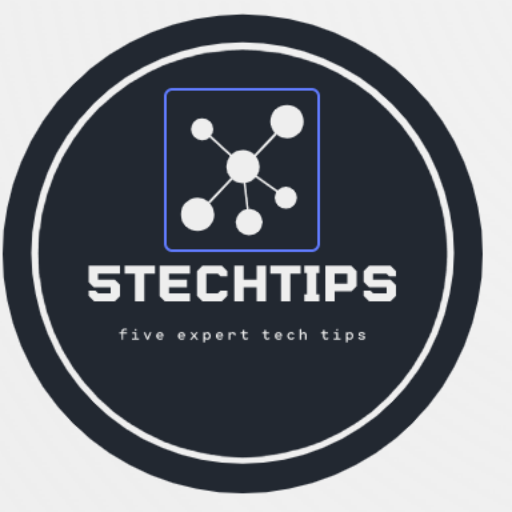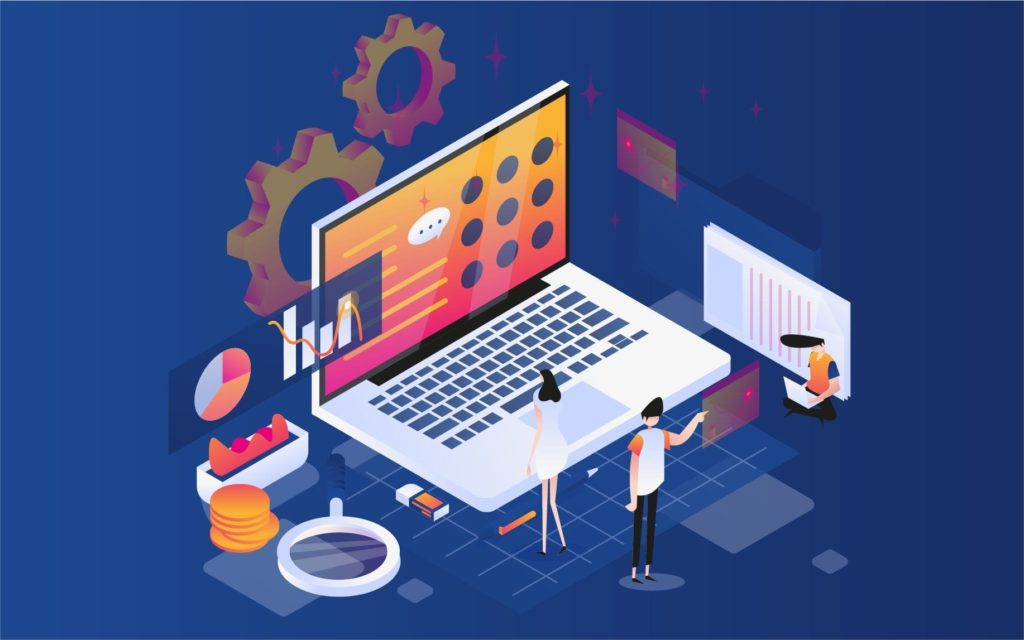As the world becomes increasingly digital, new software development technologies are emerging to keep up with the growing demand for innovative and efficient solutions. These technologies offer exciting new possibilities for developers and businesses looking to stay ahead of the curve and meet the evolving needs of their customers.
In this article, we’ll explore some of the latest software development technologies that are shaping the future of the industry and driving innovation.
Low-Code Development Platforms
Low-code development platforms are a game-changer for businesses looking to develop software applications more quickly and efficiently. These platforms allow developers to create complex applications using visual interfaces and pre-built modules, significantly reducing the time and resources required for development.
Low-code platforms also offer the flexibility to customize applications as needed, making it easier for businesses to adapt to changing market demands and user needs. With the ability to rapidly develop and deploy new applications, businesses can stay ahead of the competition and seize new opportunities.
Artificial Intelligence
Artificial intelligence (AI) is one of the most transformative technologies of our time, and it is rapidly changing the software development landscape. From natural language processing and computer vision to predictive analytics and machine learning, AI is enabling developers to create more intelligent and efficient applications.
AI-powered applications can help businesses automate repetitive tasks, improve decision-making, and enhance customer experiences. For example, chatbots and virtual assistants can provide personalized support and assistance to customers 24/7, while predictive analytics can help businesses make data-driven decisions and optimize their operations.
Blockchain
Blockchain technology is most commonly associated with cryptocurrencies, but it has much broader implications for software development. Blockchain provides a secure and decentralized way to store and transfer data, making it ideal for applications that require high levels of security and transparency.
Blockchain technology can be used to create applications such as smart contracts, which automate the execution of contracts and reduce the risk of fraud or errors. It can also be used to create decentralized applications (dApps) that operate independently of a central authority, providing greater security and privacy for users.
Progressive Web Apps (PWAs)
Progressive web apps (PWAs) are web applications that offer the functionality of native apps, but without the need to download and install them. PWAs are designed to work seamlessly across all devices and platforms, providing a consistent user experience regardless of the device being used.
PWAs are becoming increasingly popular among businesses looking to reach users on multiple devices and platforms. They offer a cost-effective way to develop and deploy applications quickly and easily, without the need to develop separate apps for each platform.
Internet of Things (IoT)
The Internet of Things (IoT) is a network of interconnected devices that can communicate with each other and exchange data. IoT technology is being used to create smart homes, smart cities, and other applications that enable businesses to collect and analyze data in real-time.
IoT technology is transforming the way businesses operate, providing insights into customer behavior, optimizing supply chains, and reducing waste and inefficiencies. As IoT technology continues to evolve, it will become even more integrated into the software development landscape, driving innovation and enabling businesses to create more intelligent and efficient applications.
In conclusion, the software development landscape is constantly evolving, with new technologies emerging all the time. Businesses that embrace these technologies can gain a competitive advantage by developing innovative and efficient applications that meet the evolving needs of their customers. Whether it’s low-code development platforms, artificial intelligence, blockchain, progressive web apps, or the internet of things, these technologies offer exciting new possibilities for businesses looking to stay ahead of the curve and drive innovation.

